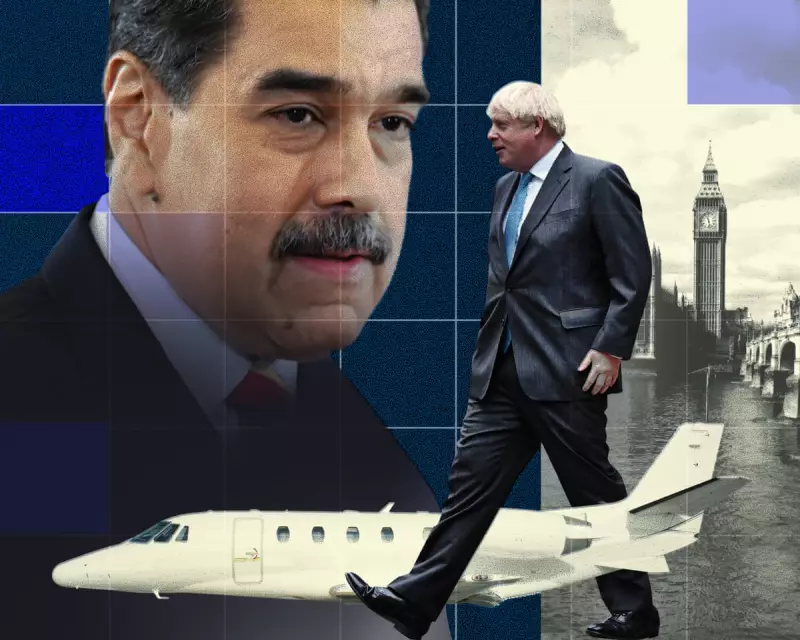
A bombshell invoice has revealed that former Prime Minister Boris Johnson's company received a staggering £712,500 from a US-based lobbyist to arrange a clandestine meeting with Venezuela's controversial president, Nicolás Maduro.
The document, obtained by The Guardian, shows the payment was made to the former PM's company, Boris Johnson Ltd, for "advisory services" provided between March and June this year. The meeting itself took place in the Venezuelan capital of Caracas, a location Johnson had previously described as being "like paradise".
Sanctions and Secrecy
The revelation raises profound ethical and legal questions. Maduro's government remains subject to severe international sanctions, with the UK government itself imposing travel bans and asset freezes on numerous Venezuelan officials. Johnson's engagement with the sanctioned leader appears to directly contradict the UK's official foreign policy stance.
Neither Johnson nor his office provided any substantive comment on the arrangement, despite repeated requests for clarification. The silence surrounding this lucrative deal has sparked outrage among political opponents and transparency advocates.
A Pattern of Controversy
This incident follows a familiar pattern for the former Prime Minister, whose commercial activities have frequently drawn scrutiny:
- Substantial earnings from speaking engagements since leaving office
- Previous controversies regarding his financial dealings and declarations
- Ongoing criticism about the blurring of lines between public service and private gain
The substantial fee—far exceeding his annual salary as Prime Minister—was paid by a Delaware-registered entity called Osterville Group LLC, which shares its name with a wealthy Massachusetts enclave.
Political Fallout
Opposition parties have reacted with fury. Labour's deputy leader, Angela Rayner, called it "a disgraceful betrayal of Britain's values," while Liberal Democrat foreign affairs spokesperson Layla Moran demanded a full investigation into potential sanctions breaches.
Downing Street has distanced itself from the meeting, stating that Johnson was acting as a private citizen and that his actions "do not reflect the views of His Majesty's Government."
The emergence of this invoice threatens to reignite debates about post-premiership conduct, the regulation of former ministers' activities, and the integrity of UK foreign policy when confronted with lucrative private opportunities.






